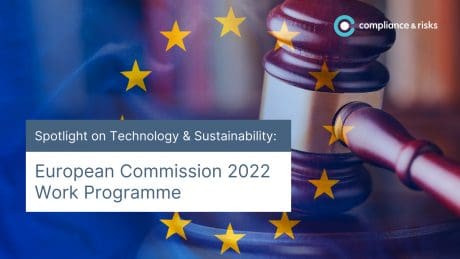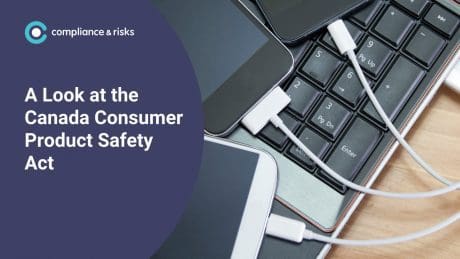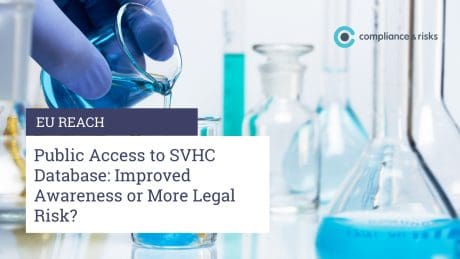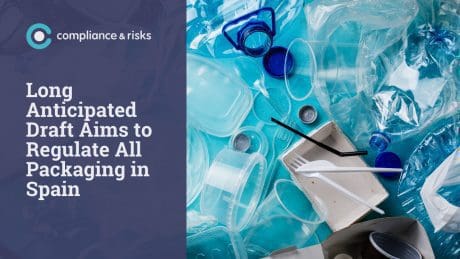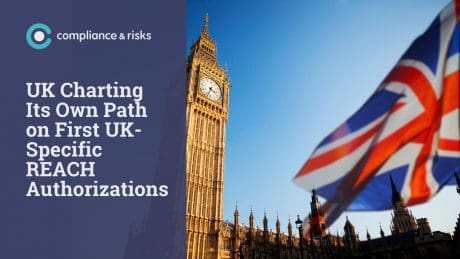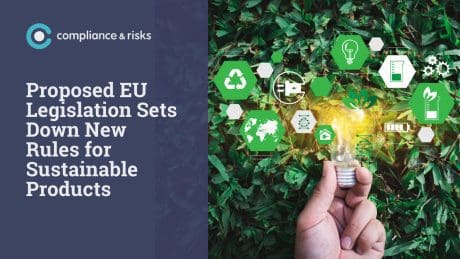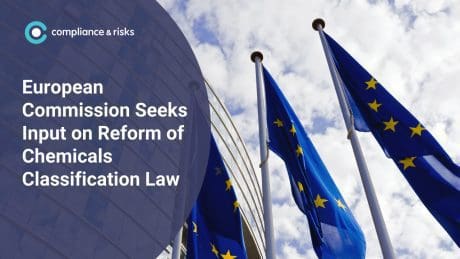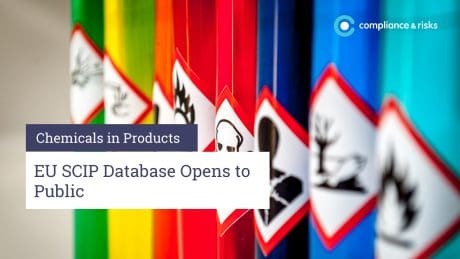
COVID-19 Regulatory Developments: Update 10
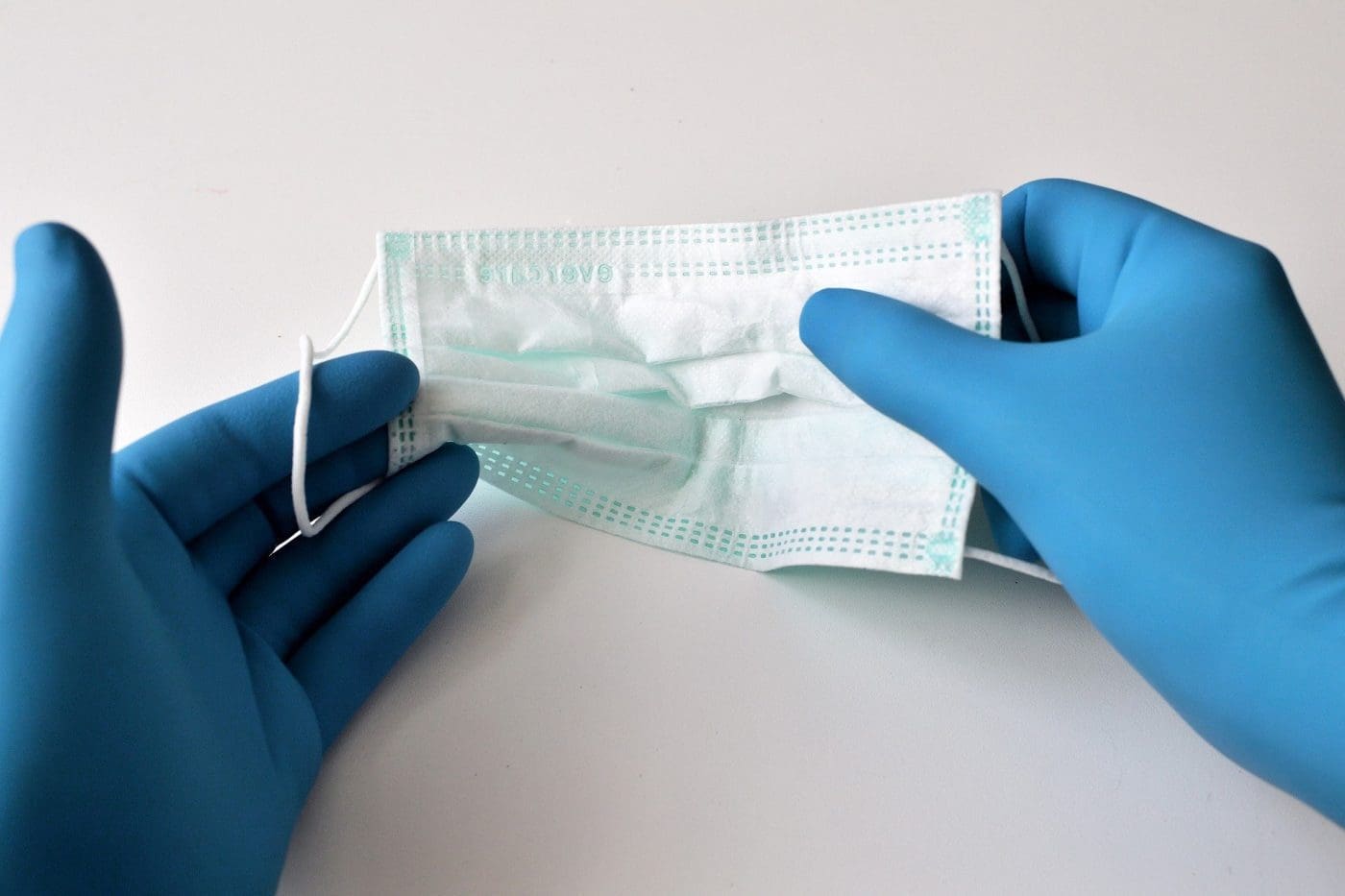
The outbreak of the COVID-19 pandemic has resulted in countries adapting their regulatory landscape to accommodate and mitigate the unprecedented disruptions to companies and individuals. Through regular updates, Compliance & Risks will closely monitor the situation and inform our clients of the latest global regulatory developments in relation to COVID-19 relevant to their topics, along with updates on items which may be of interest outside our topics.
Energy Efficiency and Product Safety
On 19 May 2020, the Colombian Ministry of Mines and Energy published a Circular to extend for one month the deadline for renewing certificates of conformity granted to electrical installations under the authority of RETIE (Technical Regulation for Electrical Installations). Additionally, the Circular also extends the validity of certificates for lighting and public lighting installations under RETILAP (Technical Regulation of Lighting and Public Lighting) as well as other approved product certificates subject to the Technical Regulations of Labeling (RETIQ), RETIE and RETILAP. The rationale behind this measure is to ensure the continuity of the public service. Certificates expiring during the period of the health emergency and requiring renewal between 12 March 2020 and the end of the state of emergency will be automatically renewed for one month. The deferral of deadlines for renewing certificates is mainly directed to national importers and manufacturers, conformity assessment bodies, network operators, owners of infrastructures and all other parties subject to the technical regulations mentioned above.
Wireless
In Argentina, ENACOM issued Resolution 461/2020 to extend for a period of 60 days the validity of permits, authorizations, registrations and licenses that expire between 16 March 2020 and 30 June 2020. The term of the extension will start from 1 July 2020.
EH&S: Occupational Health and Safety
The European Commission has developed a proposal to add SARS-Cov-2 to the list of biological agents that are known to infect humans under Annex III of Directive 2000/54/EC on the protection of workers from risks related to exposure to biological agents at work. In October 2019, Commission Directive 2019/18332 added a large number of biological agents to the list of Annex III, including the Severe Acute Respiratory Syndrome-related coronavirus (SARS-virus) and the Middle East Respiratory Syndrome coronavirus (MERS-virus). Considering the severity of the global COVID-19 pandemic, SARS-CoV-2 should also be incorporated in the scope of Directive 200/54 and be classified as a risk group 3 human pathogen. A very short transposition period of 5 months has been put forward by the European Commission. The Commission urges Member States to implement this Directive before the deadline for transposition.
Ontario introduced a new Bill 191 amending the Workplace Safety and Insurance Act, 1997 with respect to “presumptions in connection with COVID-19 for workers in essential businesses”. The Bill introduces a presumption whereby COVID-19 is an occupational disease related to the nature of the work for workers who received a positive test, unless the contrary is shown. The Bill passed first reading in the Ontario Legislative Assembly on 19 May 2020. Once the Bill is signed into law, the onus will be on employers to prove that the employee did not contract the infection within the workplace.
In the United States, the Occupational Safety and Health Administration (OSHA) has updated its guidance on enforcing and recording of COVID-19 cases. The revised guidance will become fully effective on 26 May 2020. In essence, the revised enforcement guidance sets forth OSHA’s responses to COVID-19 related complaints and provide instructions to employers on how to determine the work-relatedness of the disease and record cases of employees who tested positive. The revised guidance stipulates that those employers who are required to report occupational illness remain responsible for recording COVID-19 cases on the OSHA 300 Form, if:
- The case is a confirmed case of COVID-19, as defined by the Centers for Disease Control and Prevention
- The case is work-related as defined by 29 CFR § 1904.5
- The case involves one or more of the general recording criteria set forth in 29 CFR Part 190
The newly released guidance also provides instructions to help employers make work-related determinations of COVID-19 cases. Considering the difficulty of determining whether COVID-19 has been contracted at work, OSHA exercised its enforcement discretion by requiring employers to make a ‘reasonable work-related determination’. In most circumstances, it will be sufficient for employers to carry out reasonable investigation of work-relatedness and consider all evidence reasonably available to them. While respecting the boundaries of employee privacy, reasonable investigations of work-relatedness may merely consist of asking an employee how he/she believes he/she contracted the disease and, or reviewing the employee’s work environment for potential exposures.
If after carrying out a reasonable investigation, the employer cannot determine whether a COVID-19 case has been contracted in the workplace, the employer is not obliged to comply with its recording obligation under 29 CFR Part 1904. OSHA also announced it will continue to enforce requirements with respect to the recording of occupational illnesses under 21 CFR 1904. In this respect, OSHA has updated the Interim Enforcement Response Plan for COVID-19. The Plan is mainly directed at OSHA’s Compliance Safety and Health Officers. It clarifies that OSHA will continue to prioritize investigations of COVID-19 related complaints including in geographical areas where the spread of the pandemic has significantly decreased. The revised guidance further provides additional instructions for handling of COVID-19 related complaints, referral and illness reports. In areas sustaining elevated transmission of the disease, priority will be given to site inspections of high risk workplaces involving employee fatalities or imminent danger of exposure.
The U.S National Electrical Manufacturers Association has developed specific guidance for cleaning and disinfecting electrical equipment in facilities in the context of COVID-19. Per the guidance document, NEMA recommends taking the following steps:
- Ensure all required electrical safe work practices are followed before accessing any electrical component for any reason, including cleaning
- If possible, de-energize electrical equipment before cleaning
- Allow hot surfaces to cool before cleaning
- Let cleaning solutions dry before re-energizing
- Have equipment users and maintenance personnel follow all CDC recommendations to reduce the risk of COVID-19 transmission, including washing hands diligently, using an appropriate hand sanitizer, and using face coverings and personal protective equipment
- Consult the equipment manufacturer for instructions regarding equipment cleaning (Note: The instructions for use of reusable medical equipment are expected to include validated cleaning and disinfection or cleaning sterilization procedures. See the ISO 17664 series, AAMI TIR12 and AAMI TIR30.)
- Do not use disinfecting products, including foggers, sprays or other types of atomized cleaning agents on any electrical equipment components of any material type: plastic, insulating, molded, painted or metallic unless specifically instructed by the manufacturer of the electrical equipment
- If you have specific electrical equipment questions regarding cleaning and disinfection, please contact the equipment manufacturer
NEMA recommends that all personnel working with electrical equipment consider the possibility of contamination and take appropriate steps to protect themselves based on CDC recommendations.” (Extract from the NEMA’’s Guidance GD 4-2020)
Medical Supplies and Personal Protective Equipment
The Standardization administration of China released a national standard on technical specifications for children’s masks. The standard (GB/T 38880-2020) has been applied since 6 May 2020. It contains technical specifications and test requirements relating to the determination of pH value, formaldehyde concentration, color fastness to rubbing, sharpness, Inhalation resistance, particle filtration efficiency, flammability and so forth.
The Federal Food and Drug Administration has revised its guidance on the conduct of clinical trials of medical products during COVID-19. The guidance was issued for the first time on 18 March 2020 and subsequently amended in March and April 2020. On May 14, FDA published a revised version of the guidance and added new content relating to the use of alternative laboratories and imaging centers for protocol assessments and performance of remote assessments by sponsors via videoconferencing rather than on-site clinical trial visits.
The Canadian Minister of Health approved temporary changes in clinical trials for COVID-19 related medical devices and drugs. The Interim Order was adopted to address the need for urgent diagnosis, prevention and mitigation of COVID-19 cases. The changes are expected to reduce administrative barriers and increase flexibility for clinical trials without altering patient safety requirements and reliability of clinical data. Changes in clinical trials do not apply to low-risk class I medical devices for which clinical data are generally not required to support approval. The Interim Order authorizes a wider range of investigators, including physicians, to be involved in clinical trials for medical devices. Under existing Canadian regulations, only manufacturers are authorized to perform clinical trials prior to marketing medical devices. Health Canada also pointed out that the changes brought by the Interim Order will reduce the burden associated with labeling and record-keeping requirements for clinical trials involving drugs that are already marketed for other indications. Further information can be accessed on the following webpages provided by Health Canada:
- Health Canada announces another step to accelerate access to health products for COVID-19
- Interim Order Respecting Clinical Trials for Medical Devices and Drugs Relating to COVID-19: Notice
